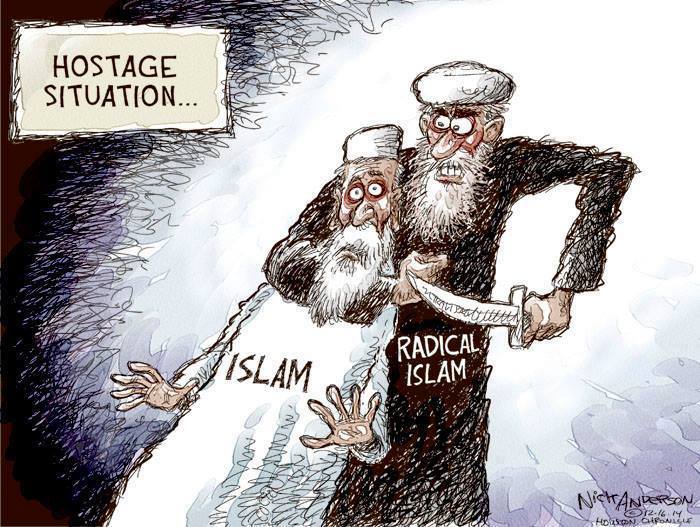
A few years ago, I linked to a Wall Street Journal op-ed by economist Hernando de Soto that declared “economic hope” to be “the only way to win the battle for the constituencies on which terrorist groups feed.” A couple years later, I discussed the possibility that strict labor laws–and the unemployment it produces–was a major contributor to radicalization in Europe. In short, the lack of economic opportunity breeds extremism.
Recent evidence appears to support this hunch.
Many point to U.S. drone strikes as a causal factor in Islamic radicalization. However, a brand new study argues the contrary, concluding,
Although U.S. drone strikes in Muslim countries might play a role in the radicalization or violent extremism of co-religionists around the world, the available evidence does not support the assertion that drones are “fueling the fires of homegrown radicalization” in Western societies or that these unmanned aerial vehicles are the new Guantánamo.
…The radicalization of individuals in the Somali diaspora, especially in the state of Minnesota, illustrates the role of U.S. policies targeting Muslim communities at home; personal factors, such as conflicted identities among young Somali Americans; and their nationalist desire to evict foreign troops from Somalia, a desire that recruiters from the al-Qaida affiliate al-Shabaab have been able to exploit. My brief examination of the social science literature on the drivers of Islamist militancy among Muslims in European countries similarly points to domestic factors such as an identity crisis among some young Muslims, state policies of marginalization and discrimination, and the role of radical preachers and terrorist recruiters who leverage these vulnerabilities for recruitment (pg. 83-84; emphasis mine).
This is further confirmed by a recent World Bank paper:
Exploiting individual-level education information for these fighters, we link the size of a contingent of fighters to the economic conditions faced by workers in their countries of residence who have the same level of education, by distinguishing primary, secondary and tertiary education. Beginning non-parametrically, we document a correlation between the within-country relative unemployment rate faced by workers from a specific country and education level and the corresponding relative number of recruits. We then conduct panel regressions in which we estimate the impact of unemployment on the propensity to join the terrorist group, controlling for country and education-level fixed effects. The estimated coefficients indicate that higher unemployment rates are a push factor towards radicalization, especially for countries at a shorter distance to Syria, with an elasticity of 0.25; a one percentage point increase in the unemployment rate leads to 42 additional Daesh recruits. The elasticity steeply decreases further away from Syria and becomes both economically and statistically insignificant past the average distance of 2,500 km. The results are robust to the inclusion of education-specific wage rates, strengthening the case for a causal interpretation of these results (pg. 1-2).
I’m reminded of the famous quote by Nobel laureate Robert Lucas: “The consequences for human welfare involved in questions [of economic growth] are simply staggering: Once one starts to think about them, it is hard to think about anything else” (pg. 5).